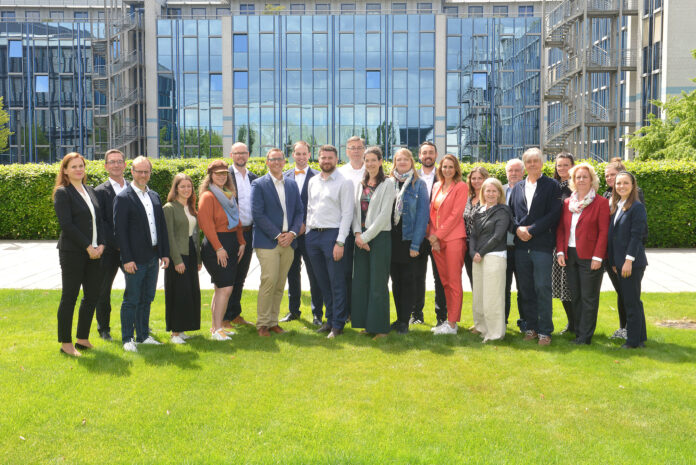
WILMINGTON, Mass.– Charles River Laboratories International, Inc. (NYSE: CRL) has joined the EASYGEN (Easy Workflow Integration for Gene Therapy) Consortium, a European Union–funded project aimed at developing a fully automated, hospital-based platform to manufacture CAR-T therapies within 24 hours. The initiative seeks to cut production time, reduce costs, and expand patient access across Europe.
Charles River will contribute its expertise in 3D screening technologies, building an ex vivo platform to speed early safety and efficacy screening. The system will combine Charles River’s patient-derived xenograft (PDX) models with high-content imaging to help identify the most effective CAR-T candidates for clinical use.
“In the treatment of complex cancers, time is critical,” said Julia Schueler, DVM, Ph.D., Therapeutic Area Lead, Oncology, at Charles River. “The current manufacturing process for CAR-T therapies is time-intensive and severely limits their clinical application. By collaborating across industry and academia, I am hopeful we can design a streamlined workflow that will increase access to these therapies for patients who need them.”
Currently, fewer than 20 percent of eligible patients receive CAR-T treatment due to long production timelines and limited manufacturing capacity. CAR-T therapy involves genetically modifying a patient’s T cells to target cancer, a process usually confined to specialized facilities.
“EASYGEN unites physicians, researchers, and partner institutions across Europe to collaboratively deliver innovative, personalized therapies more swiftly to where they matter most—to patients in need,” said Dr. Sonja Steppan, Head of Research Office at Fresenius SE and Principal Investigator of EASYGEN. “Automating patient-specific therapies such as CAR-T is essential to make these treatments more broadly accessible, especially in non-academic clinical environments.”
The EASYGEN Consortium, supported by the EU’s Innovative Health Initiative (IHI) Call 7, Topic 2, brings together 18 partners from eight countries. Its goal is to enable hospital-based CAR-T manufacturing in days instead of weeks, while reducing costs and easing the burden on hospital staff.


